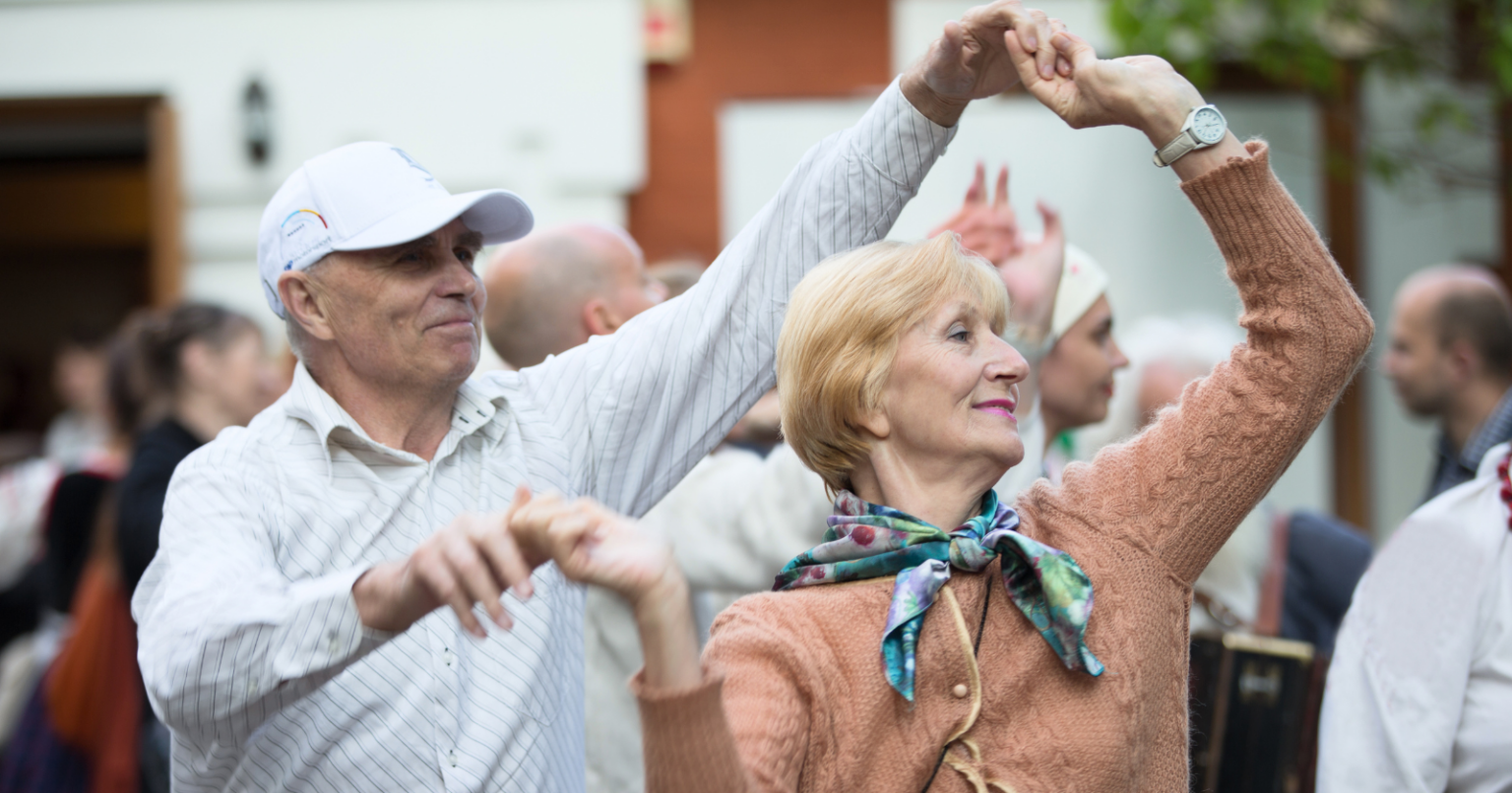I still remember the first time I watched 83‑year‑old Aiko glide into my Tuesday evening yoga class.
She rolled out her mat, laughed at her own shaky tree pose, and then cracked a joke about needing an espresso more than an extra block.
Her energy felt lighter than the twenty‑somethings beside her.
On my way home I kept asking myself, How does she make eighty‑three look like thirty‑eight?
Over the next few years I started paying closer attention to Aiko and others like her—people whose eyes stay bright, whose opinions stay open, whose humor stays quick.
Seven patterns kept surfacing.
They’re a little quirky.
They’re entirely doable.
And every single one stretches the mind just enough to keep it supple.
1. They treat curiosity like daily hygiene
Mentally youthful people don’t just stumble into new experiences—they schedule them.
Aiko calls it her “novelty bath.”
Once a week she wanders an unfamiliar neighborhood, tasting new food or talking to strangers about local history.
Research published in Scientific Reports found that exploring a novel environment boosts memory consolidation in younger adults and can still nudge recall in later life when done actively and often.
In my own routine I block ninety minutes on Friday afternoons for the same purpose.
Sometimes I visit a small museum, other weeks I try to sketch with my non‑dominant hand.
The activity matters less than the fresh neural pathways being carved each time we trade autopilot for wonder.
2. They practice “subjective age shaping”
Feeling younger isn’t wishful thinking; it’s a proven buffer against stress‑related health decline.
A longitudinal survey of more than 5,000 adults showed that those who felt younger experienced fewer functional setbacks—even when real‑world stress increased.
How do the mentally youthful pull this off?
They reclaim playful language (“field trip,” “experiment,” “try‑out”), choose clothing that signals vibrancy rather than invisibility, and keep birthday math out of casual conversation.
I borrow their trick by starting difficult emails with “Let’s play with an idea,” instantly shifting my posture from weary adult to curious intern.
3. They hold multigenerational friendships on purpose
My husband jokes that our dinner table sometimes looks like a census survey.
We host an 18‑year‑old graphic‑design intern, a 47‑year‑old marathoner, and a retired librarian who swears by indie rock.
The arrangement isn’t accidental.
Consistent social engagement—especially when it spans age groups—strongly correlates with sharper cognitive function, according to a decade‑long Korean longitudinal study of nearly 8,000 adults.
Interesting twist: when researchers broke the data down by gender, lapses in engagement hurt men’s memory more quickly than women’s.
That nugget prompted my husband to restart his monthly chess meet‑up.
Conversation starters that break the “so, what do you do?” rut:
- Ask, “What project—paid or unpaid—has you excited right now?”
- Swap favorite mistakes rather than accomplishments.
- Trade podcast or playlist recommendations, then discuss why they clicked.
Use one tonight and see how quickly age lines blur.
4. They stretch movement into play
Stand‑alone exercise matters, yet the mentally youthful add micro‑bursts of playful motion throughout the day.
They practice cartwheels in the yard, race their grandkids down the hallway, or dance while folding laundry.
The goal isn’t calorie burn; it’s sensory novelty plus proprioceptive feedback—a fancy phrase for letting the body remind the brain that life is still a game.
My weekly ritual is a five‑minute “floor flow”: I crawl, roll, and pivot without choreography.
It looks ridiculous.
It feels electric.
Before we finish this section, there’s one more thing I need to address: if injury or limited mobility makes playful movement tricky, start with eye travel.
Trace objects around the room, then imagine spelling your name with your gaze.
You’ll spark visual‑motor networks just the same.
5. They book “micro‑Sabbaths” from screens
Digital fasting isn’t new, but these folks make it unusually bite‑sized.
Instead of committing to a 24‑hour detox (and failing), they schedule three pockets a day—usually right after waking, at lunch, and during the last hour before bed—where phones and laptops power down.
In those pockets they read poetry aloud or memorize a single haiku, letting analog language stretch attention span like resistance bands.
As writer Pico Iyer once noted, “The more we choose stillness, the more we see.”
Those clear‑eyed moments add up, preserving what psychologists call attentional control—a key ingredient in cognitive youth.
6. They keep a “rethink ritual”
Every month, mentally youthful friends I know pick one long‑held opinion and run it through a deliberate challenge cycle.
They read an opposing article, debate a trusted colleague, or conduct a small experiment to prove themselves wrong.
The ritual borrows from Zen teacher Shunryu Suzuki’s idea of “beginner’s mind,” but gives it teeth by placing it on the calendar.
I recently tested my assumption that I’m a “night owl” by shifting my writing block to 6 a.m. for two weeks.
Turns out the early draft counts climbed, and so did my evening leisure.
Assumption retired.
7. They curate tiny acts of future service
Volunteering, mentoring, or simply offering directions to a lost traveler keeps the prefrontal cortex attuned to purpose rather than protection.
Ellen Langer’s research into mindful aging hints that purposeful attention slows cognitive wear and tear—though she’d be the first to say grand gestures aren’t required.
A mentally youthful neighbor of mine writes anonymous compliments on sticky notes and tucks them into library books.
The act takes seconds yet reinforces her identity as someone still contributing, still growing the world rather than shrinking from it.
Final thoughts
Staying mentally youthful isn’t a genetic lottery—it’s the cumulative effect of dozens of small, curious, generous choices.
Pick one habit from the list and live with it for a month.
When that feels natural, layer in another.
A question worth carrying into tomorrow: Which simple act could make the 88‑year‑old version of you grin with recognition?







